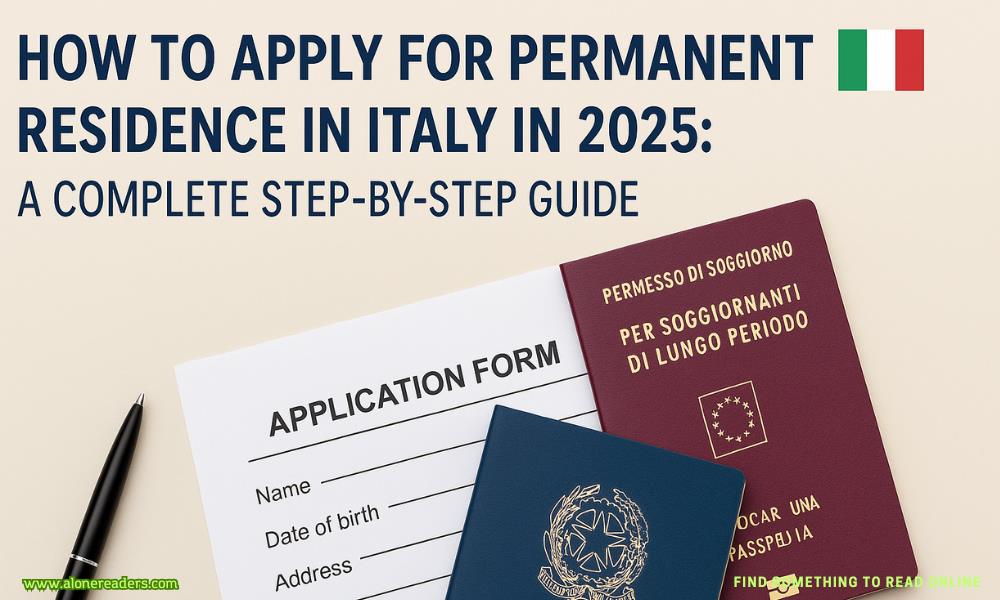Page 107 of Six Wild Crowns
He arrives a few days later, sooner than Boleyn could have imagined possible, cantering across the drawbridge on an old nag, his face filled with suspended hope.
“My faithful friend,” Boleyn says, running out to him. They stop at a distance, all the disappointment, the frustration, the need, filling the space between them.
Suddenly, Boleyn realises how tired and wild she must appear. Not that she cares what he thinks of her. Her heart belongs to Henry. No matter that it is Henry who she is trying to topple. It’s mere vanity – the knowing that Wyatt used to be attracted to her and must now be comparing her to the woman he used to covet. She must shake it off.
“My queen,” he says, narrowing the gap and kneeling to kiss her hand.
“We must get to work,” she says, tucking her hand into the sleeve of her other arm. The imprint of his kiss still tingles across the skin there. Hidden inside the sleeve, she touches it.
“I have already been hard at work in your service. You asked for loyal entertainers.”
“And have you found some?”
“Never doubt me.”
With a flourish, Wyatt gestures to the road beyond the drawbridge. Just visible, emerging from the forest, a convoy of shabby but brightly coloured wagons trundles towards them.
“The finest players, musicians and poets of our kingdom, who have yet to be discovered and are eager for patronage.”
“Even mine?”
“Especiallyyours. There’s nothing like the support of a suspected witch and famed temptress to arouse curiosity in those with money to squander.”
Boleyn swats Wyatt lightly on the cheek. “You are an insolent man, Master Wyatt. I’m going to put you to work as punishment.”
“Work me to the bone, Your Majesty. I’m all yours.”
As the performers set up their acts, the castle transforms. Boleyn watches each performance carefully, Syndony stolidly at her side, and together they design a different banquet for each of the rooms where the acts will take place. Blue sherbet syllabubs and salmon wrapped in pastry for a dance mimicking the sea around Elben. A roast pig and capon sewn together to make an entirely fictional creature, to accompany a poet that regales the audience with fairy tales of queens and witches. And the centrepiece for the banqueting hall: a veritable mountain of food, each dish balanced on acrobats that swing and climb each other as high as the minstrel’s gallery. Jellies, poached eels, subtleties of marzipan in the shape of each queen’s symbol, roasted beavers’ tails and woven garlands of onions and leeks, steeped in milk. In the courtyard outside they install six fountains. At the centre of each one, a statue of one of the queens of Elben, holding a vessel. From each vessel pours a different beverage – wine, ale, mead, perry, juice, rose water.
They wind wyverns through the portcullis and train them to greet each arriving guest with a burst of flame. Inside the castle, Mary and George surpass themselves in their designs of life-size ships, which workers from Pilvreen turn into wooden frames that are painted and studded with crystals and set in surprising places – beneath a staircase or emerging from topiary in the gardens. Outside, flame-throwers and sword-eaters perch in the trees, and garlands of fireflies, caught in glass beads, are strewn from branch to branch and across the castle, lighting it up so that it can be seen all the way across the ocean to Quisto.
Through it all, Wyatt dances, unaware of the game Boleyn is pulling him into. He knows the rumours about her. He knows what people think. But he does not know the truth. He does not knowthat she is planning a rebellion against the one man she truly loves. A man who is not him.
“Are you going to tell him?” Mary asks her one night, as they survey the grounds from the lightning tower.
“It’s not safe to tell him,” Boleyn says.
“Is that fair?”
“Nothing about this is fair.”
“You’re putting him in danger, Boleyn. You’re putting all of us in danger. All the people you claim to love. George will go along with it without understanding because he’s a Boleyn, and Boleyns take care of each other. And Rochford and Mark will follow him. But Wyatt is not a Boleyn. He would not betray you, even unwittingly as George might. He does not need to be in danger.”
“I do love you,” is all Boleyn can say.
“You’ve a fine way of showing it, sister. How can you be preparing this ball, inciting an uprising, knowing that the king is going to be here? Don’t you remember what he did to those people? Don’t you care?”
Boleyn shoves her, until her back hits the lightning tower. Mary cries out, jolted by the sparks.
“Of course I care,” Boleyn hisses. “How dare you say I don’t care? Can’t you see that I’m trying to make things right?”
Boleyn turns away, dashing tears from her cheeks. She will never tell Mary that the faces of those she doomed to execution appear whenever she sleeps. Their dead eyes follow her, no matter how far she runs or where she hides.
“Everyone deserves to know when they’re risking their lives,” Mary says, quieter now. “Would you have married the king if you’d known what he’s doing to his queens? Aren’t you doing exactly the same thing to Wyatt as the king did to you?”
She presses Boleyn’s left arm where the flesh is rotting. In the grounds below, a cheer goes up. Perhaps someone has given a particularly impressive rehearsal and the workers are exhausted enough to take every little victory as a reason to celebrate.
“Well? Would you have married him?” Mary says.
- Daddy's Dirty Little Secret by Sofia T. Summers
- Sofa King Safe by Alexa Riley
- A Touch of Fate by Cora Reilly
- Mercy by Elizabeth Knox
- Veiled Vows by Ajme Williams
- Bending Over for My Tw!n by J. Snow
- Double Mountain Men by S.E. Law
- Fierce Vows by Jade Marshall
- Snowed in with the Mafia by Chloe Kent
- Claimed By a Knight by Lena Little
- Choke by Mila Crawford
- Stolen Princess's Secret by Kelly Hunter
- Wicked Games by Willow Dixon
- All Jacked Up by Abbi Glines
- Scatter the Bones by Autumn Jones Lake
- Need You to Choose Me by B. Celeste







